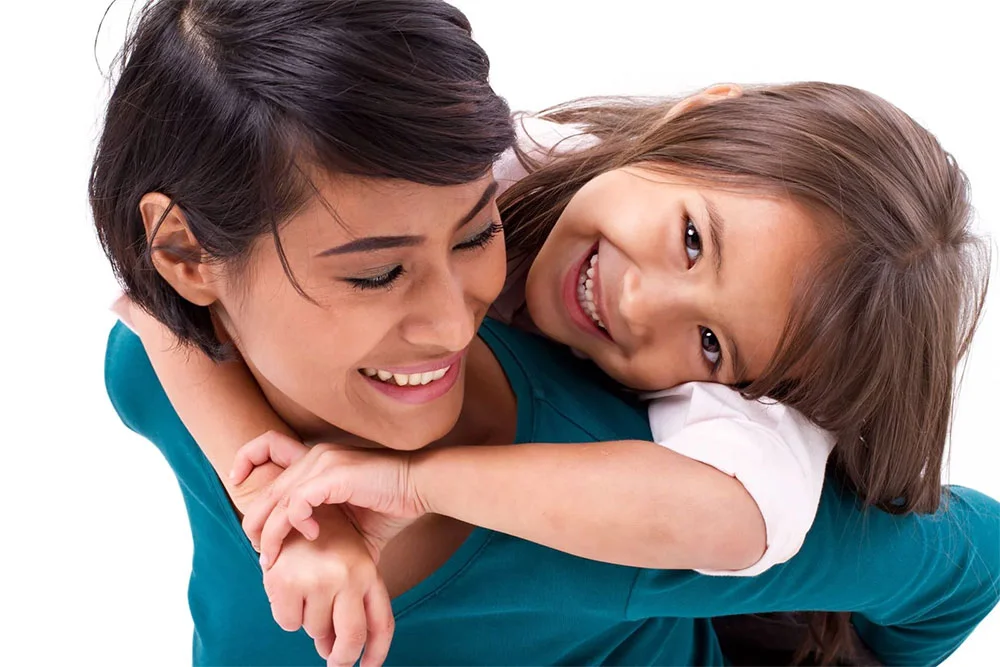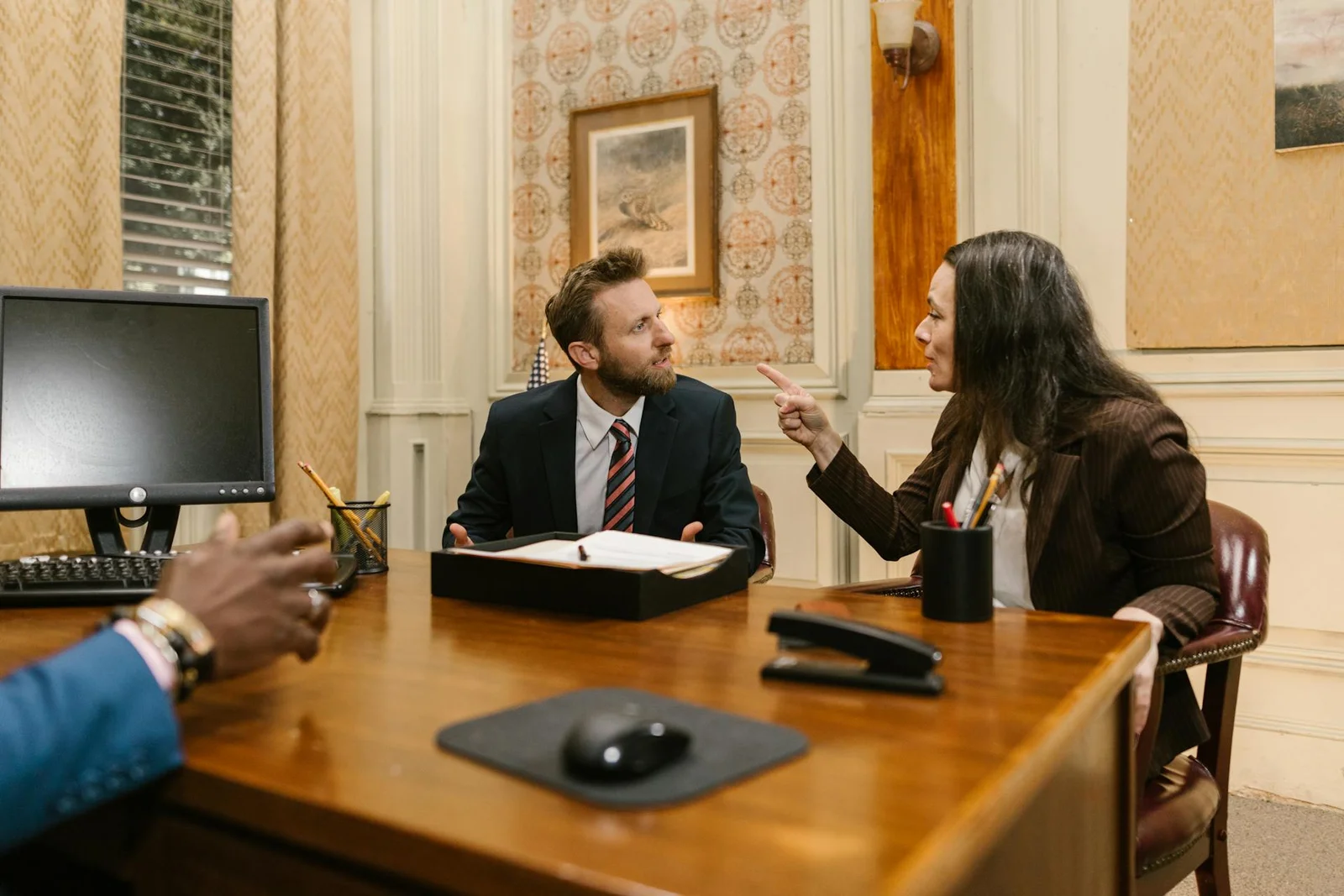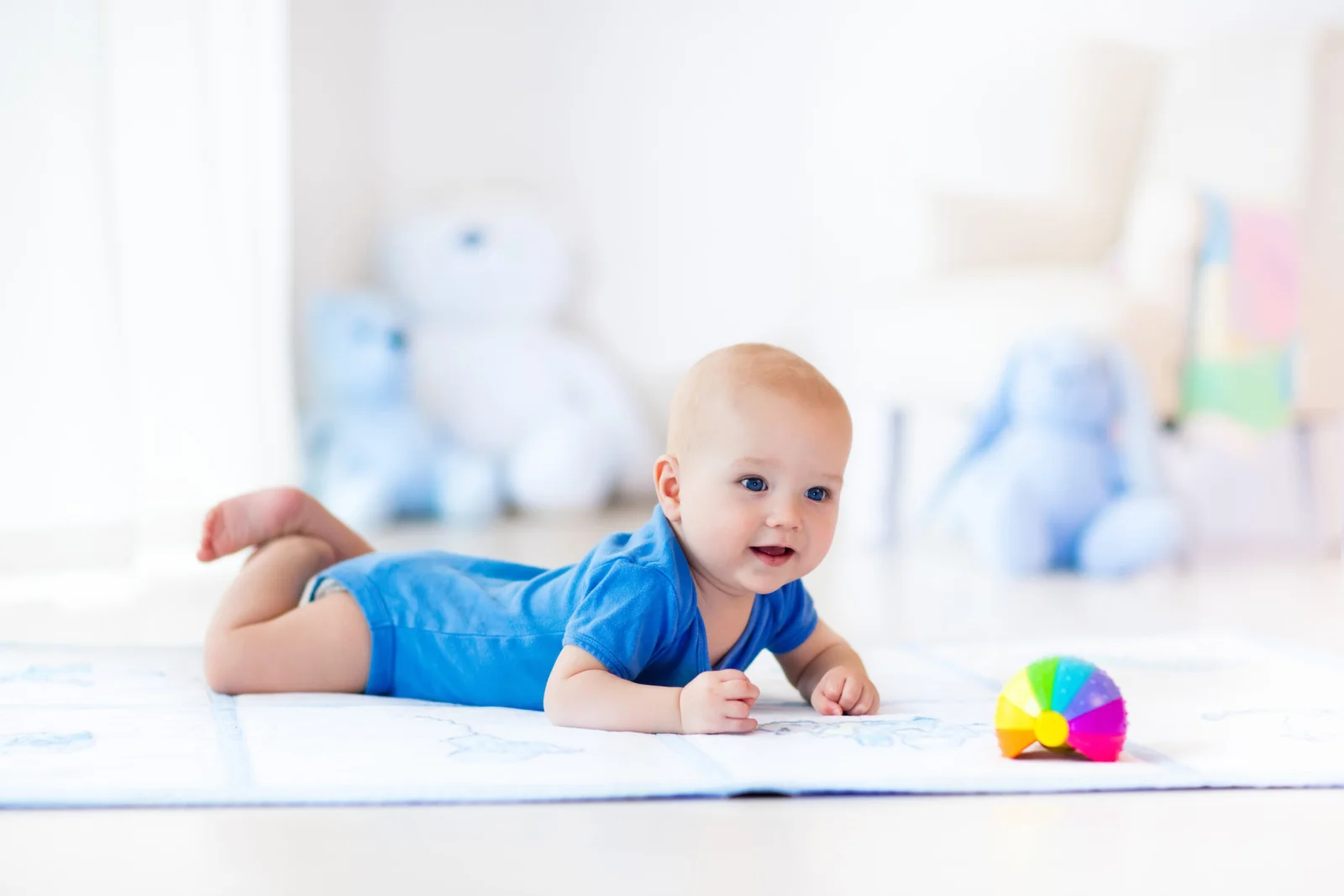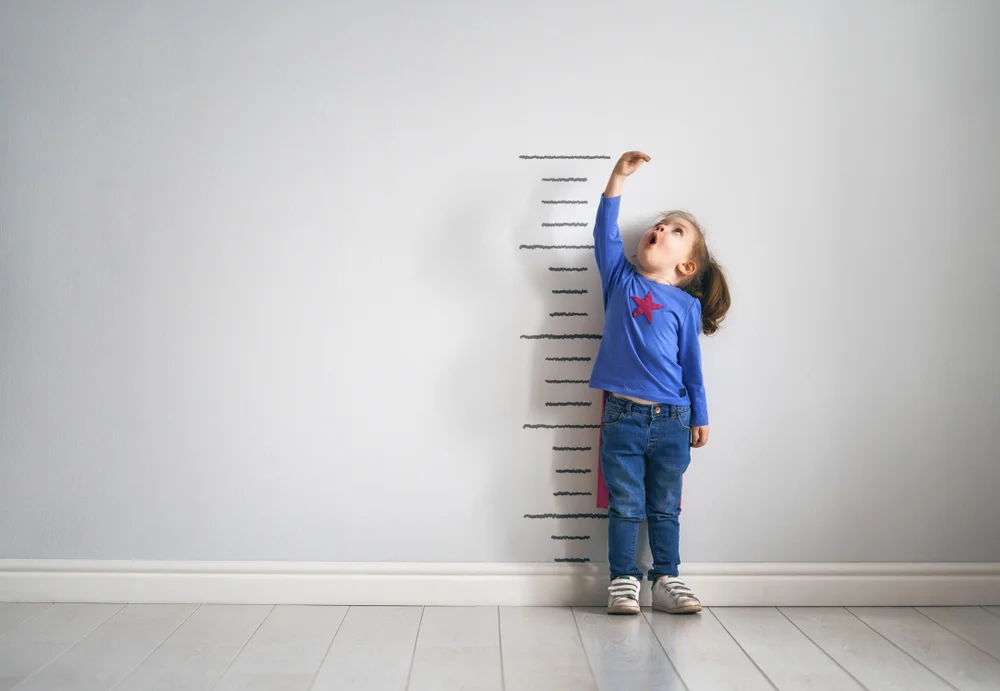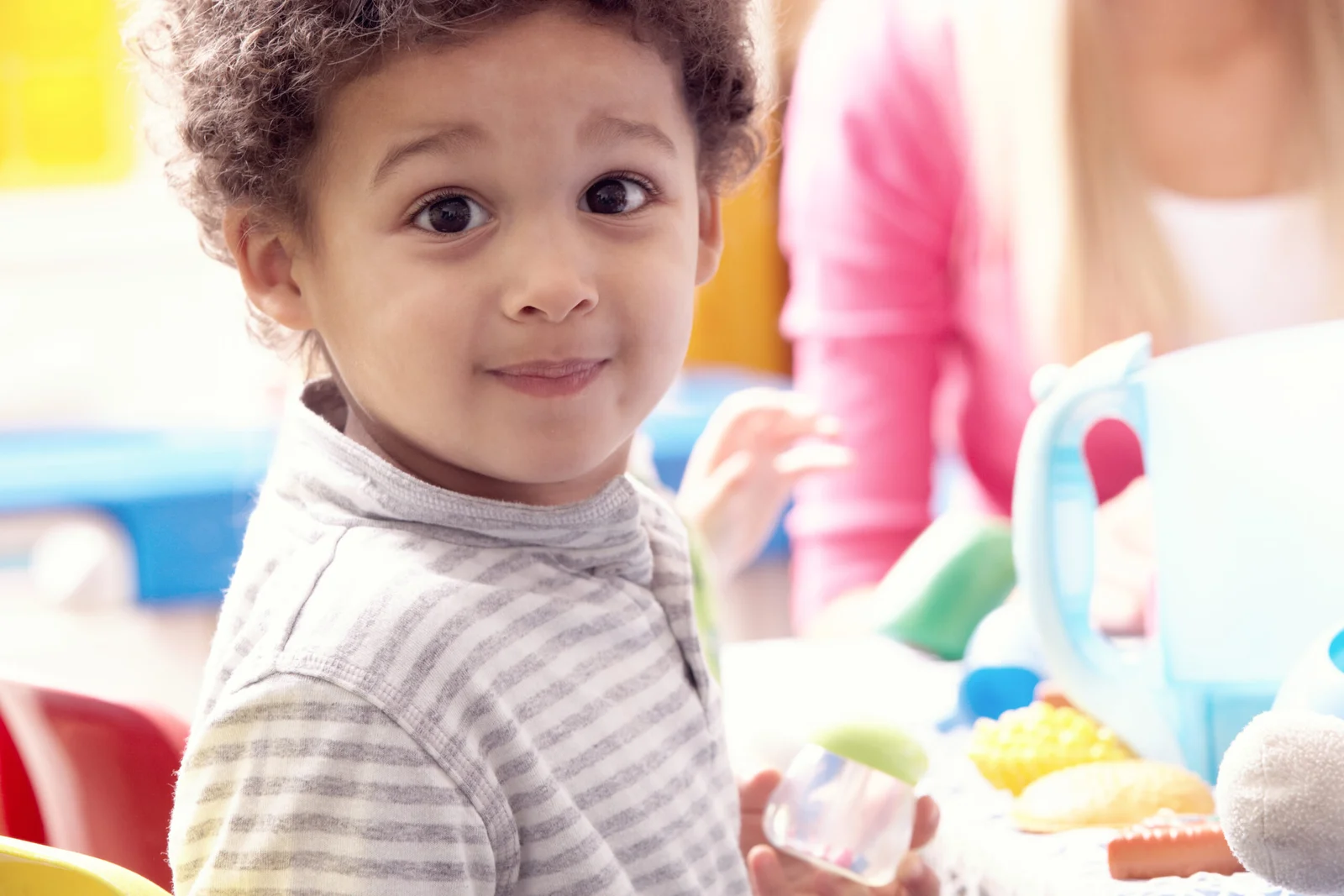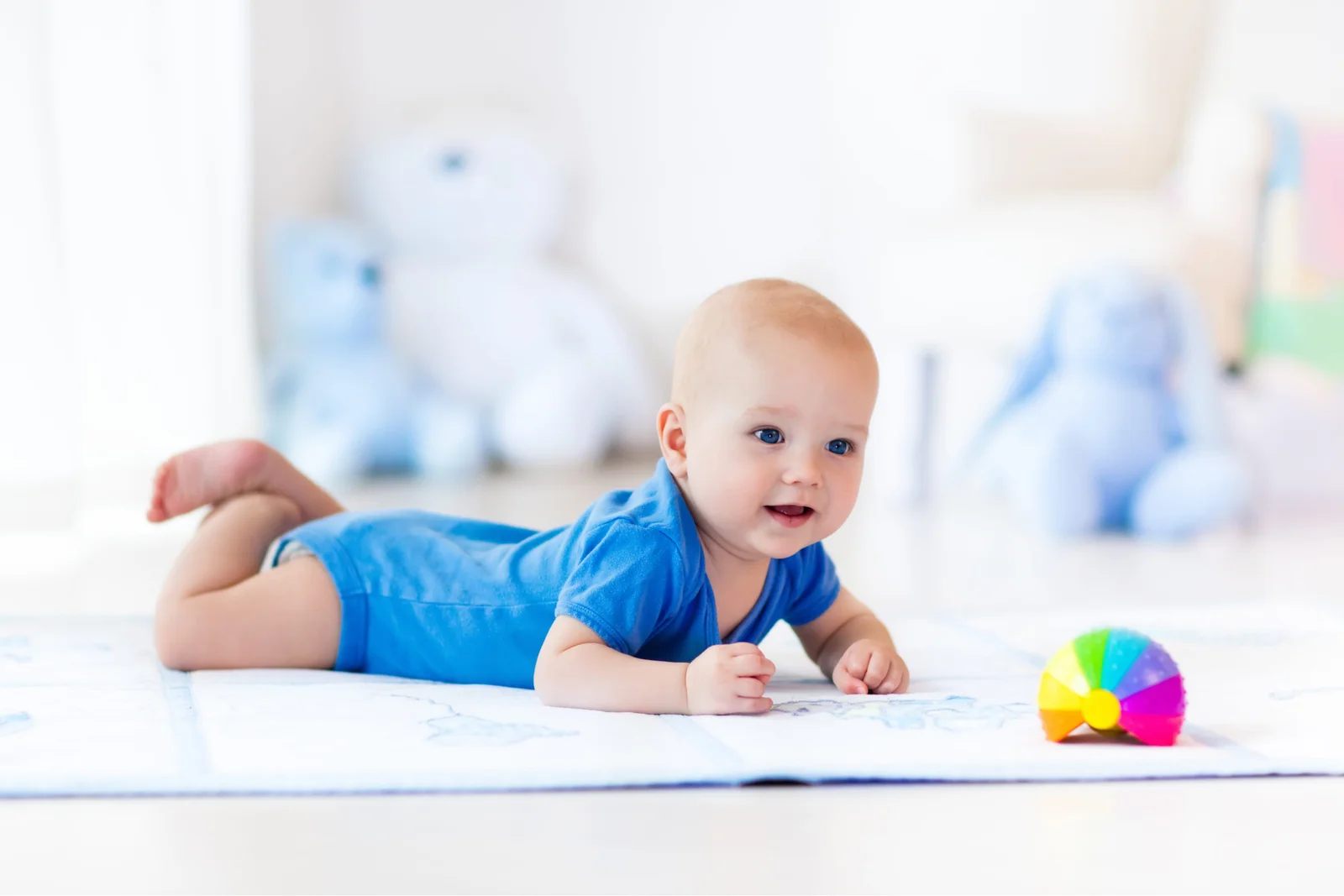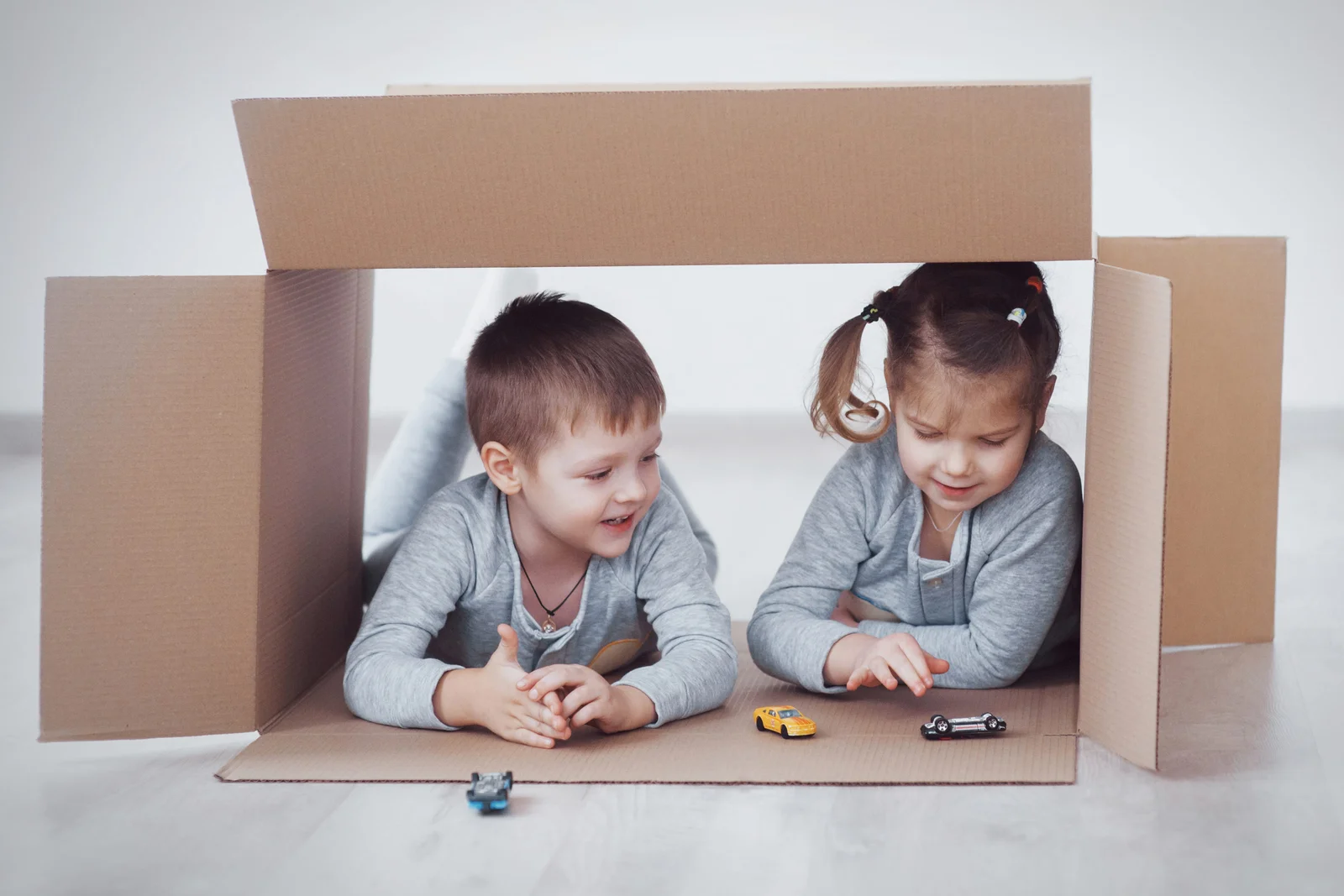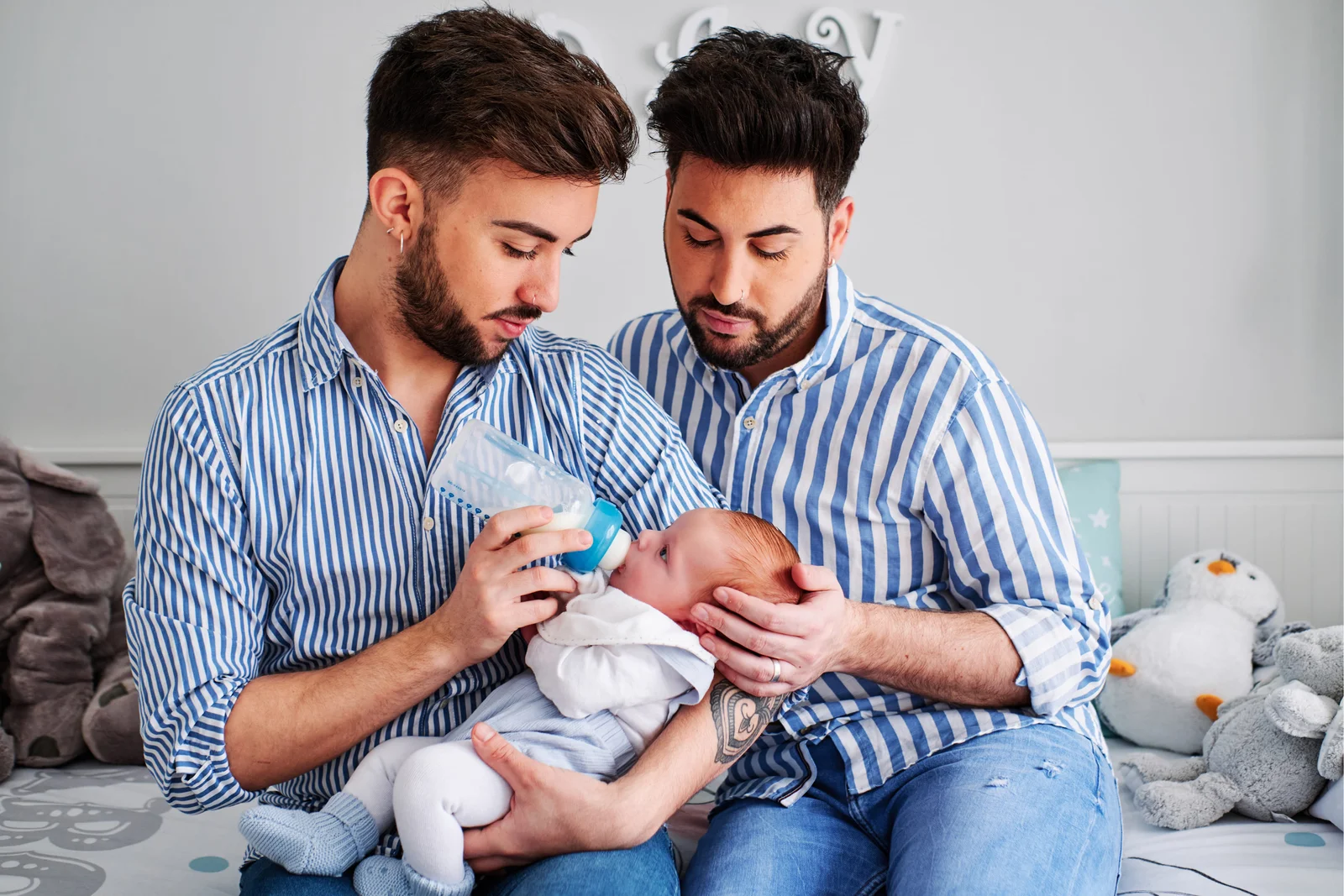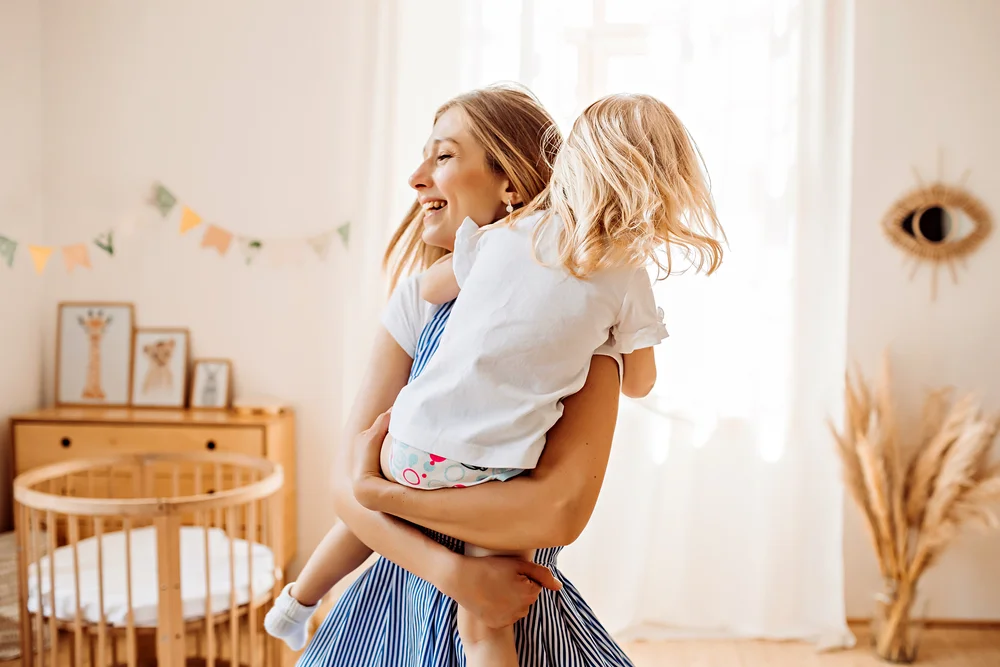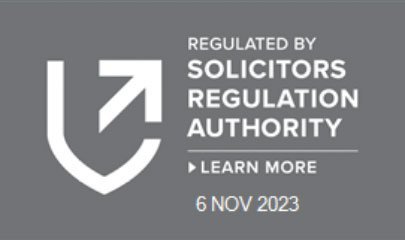We know this is not easy but it is really worth taking the time to think about these issues.
1. Choose the Right Time to Talk to Children
In our experience, the right time to speak to a child about separation is when both parents are certain that is what they want and what they are intending to do.
Ideally, both parents would be able to sit down together with a child and allow time for lots of questions and reassurance. It is essential that children have the time to understand that whilst their parents are opting to go separate directions, they are not to blame and are still loved by both.
The conversation should always be age appropriate, a teenager may need a little more information than a 5-year-old, but neither need to be involved in the nitty-gritty of the separation. It is a conversation that will need to be revisited as the child grows and their understanding changes.
2. Make a Conscious Decision to Respect the Other Parent
Making a conscious decision to continue respecting and promoting a good relationship with the other parent can have a really positive affect on a child. This can include something as small as continuing to refer to the other parent as ‘Mummy’ or ‘Daddy’. It is important not to speak negatively about the other parent in front of, or within earshot of, the child as it could make them feel that they need to take sides.
3. Establish a Consistent Contact Plan
Establishing a regular contact pattern from the outset with both parents will ensure your child feels safe and secure in the knowledge that they are not losing a parent. Using a wall calendar which marks the dates that the child is with each parent can give your child a strong sense of where they are supposed to be without having to ask all the time.
If the contact plan involves school drop offs and collections, it can be confusing for children if they are unsure who is collecting them. It can also be helpful to have a weekly schedule in the child’s planner or book bag, so they always know which parent they are expecting at the school gates. Young children may find it helpful to know how many sleeps until they see their other parent.
It is also important to remember that contact does not have to be in person, so time spent together could be supplemented with indirect contact such as regular phone calls and video calls.
4. Support Your Child’s Emotional Needs
There are lots of books and worksheets available to help a child come to terms with their new situation. ‘Two Homes’ by Claire Masurel, is a much acclaimed picture book tackling divorce and can help open the conversation with your child about the changes that are occurring around them and their feelings.
It is important to recognise that the separation is a period of change that reaches beyond the child’s relationship with each parent and that it will affect all children differently, so they may require some distinct support. Parents may want to notify schools or nurseries to the changes at home so that caregivers can keep an eye on the child’s wellbeing and give appropriate support – especially if their feelings are expressed through behaviour rather than words. Lots of schools have strong pastoral care and counsellors that can provide additional support.
Bear in mind that new care arrangements may affect how often children see extended family members and friends, who they might usually turn to for emotional support. It may be appropriate for you to arrange for a child to have regular contact with a neutral family member or friend who they can open up to. If there is no-one in the child’s life who can provide this support, you might consider whether a counsellor could help. There is a list of services available to support young people on the NHS website.
5. Protect Children from Adult Matters
It is important that you do not involve children in adult matters as it can be very damaging and worrying for them. As a consequence of the pandemic, lots of services are offering remote or over the phone appointments, which means children can easily overhear what should be private conversations. Parents should also be mindful of children overhearing things when they are talking to their family and friends.
Parents should allocate a safe space to store solicitors’ letters, divorce papers and court orders to ensure that they are not accessible to children as reading them could cause real worry and harm to the child. Lots of information is now sent digitally and care should be taken to ensure there is a safe folder on laptops and other devices that children have access to.
Legal Advice
At Allard Bailey Family Law, we encourage parents to keep their children’s needs front and centre of every matter. We are experts at helping parents to resolve issues about their children. If you find yourself in need of assistance to divorce or separate in a way that makes your child’s needs the focus, please get in touch. Our specialist knowledge and proven results with child arrangements can help you to navigate through this difficult time.
If you would like to speak confidentially to our team of family solicitors you can call 020 7993 2936 to schedule an appointment or make a Contact Request here.




